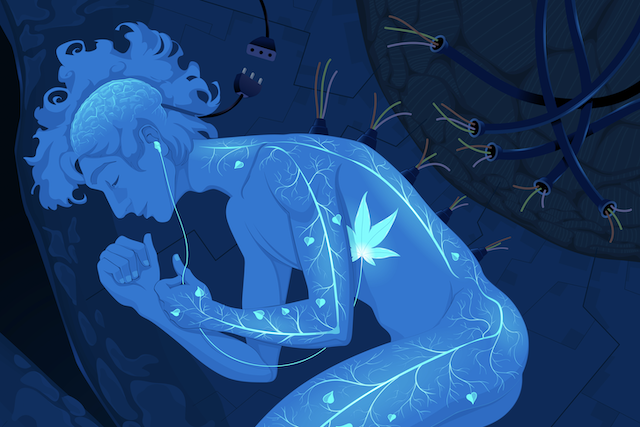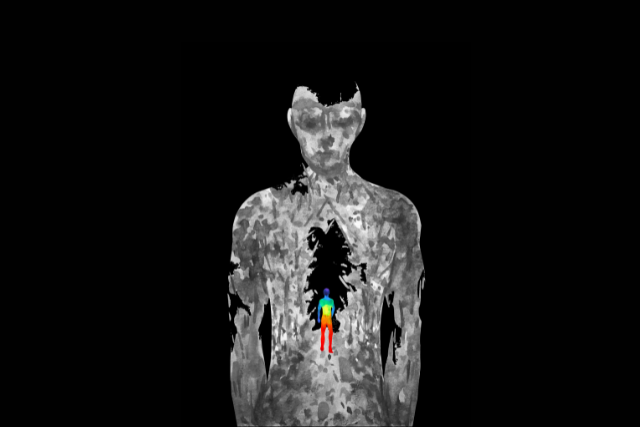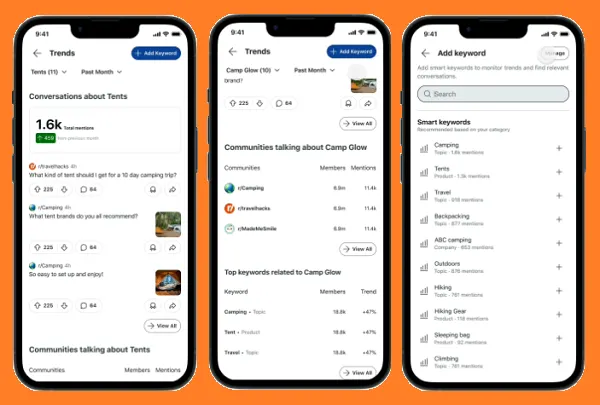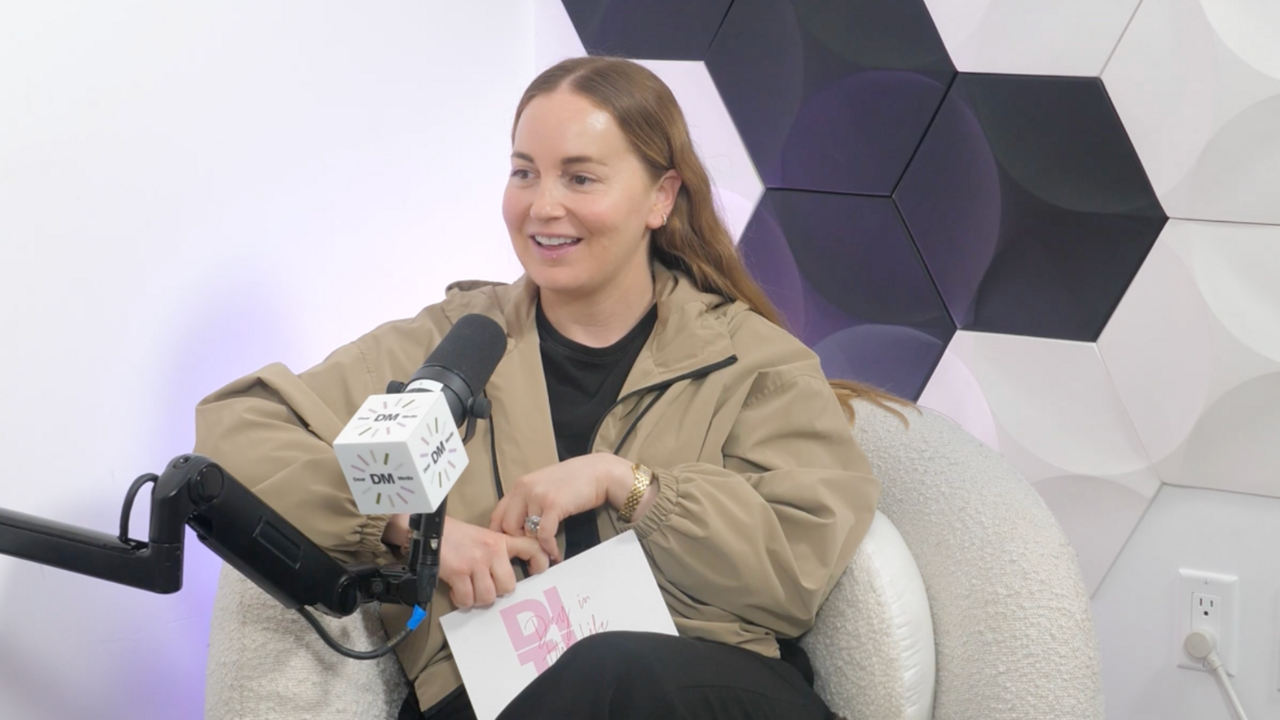According To An OB-GYN, These Are 2 Things You Can Do To Make Menopause Easier
Get ready to feel stronger than ever

Advertisement
This ad is displayed using third party content and we do not control its accessibility features.
If you’re approaching or going through perimenopause and menopause, here’s the one secret: build muscle and fuel it right. According to Jessica Shepherd, board-certified OB/GYN, strength and protein are key players for feeling strong and energetic at every age. Not only do they help you stay physically active, but they also play a significant role in long-term health and aging powerfully. Here’s the game plan.Why muscle & protein are your new best friends
Shepherd emphasizes that staying strong means building muscle and building muscle means prioritizing protein. While there’s a lot of buzz around “cutting back” during this time, that’s the last thing you want to do with protein.
In fact, women should focus even more on getting enough protein than men do. Targeting at least 100 grams of protein a day (or roughly 1.2 to 2.2 grams of protein per kilogram of body weight) can go a long way in maintaining and building lean muscle mass.
And remember, a protein serving with 2.5 grams of leucine (about 4 eggs or 2 scoops of mbg grass-fed whey protein isolate+) is crucial for muscle protein synthesis. Donald Layman, Ph.D., a leading amino acid researcher, backs this up–recommending this as the “perfect dose” to keep your muscles happy and growing.
Building lean muscle with creatine
For Shepherd, pairing creatine with whey is a go-to strategy. Creatine has been widely studied and found to support muscle1, brain, and bone health. The daily recommended dose is 5 grams for muscle benefits, but for broader benefits like bone and brain health, a 10-gram daily intake is suggested.
And here’s a little-known fact: women’s endogenous creatine2 stores are generally lower than men’s, so daily supplementation can make a huge difference, particularly as natural production decreases with age3.
Pro tip: Creatine doesn’t cause weight gain, as many assume. The initial gain is typically water retention, which balances out after about a week. For those sensitive to bloating, start with 5 grams and adjust as needed.
Shepherd’s muscle-building routine
Shepherd likes to keep things efficient with 35- to 40-minute sessions, focusing on heavy lifting and mixing in quick bursts of high-intensity movements. This balance is not only great for muscle but also VO2 max, HRV, and mental health! She recommends keeping it fresh with new moves or working with a trainer occasionally so you keep your body guessing (and challenged!).
The takeaway
This stage of life is an opportunity to invest in muscle and well-being for the long run. With a protein-packed diet and regular strength training, you’re setting yourself up to feel stronger, more energized, and ready for whatever’s next. So, take that time for yourself, feed those muscles, and feel stronger than ever!

 BigThink
BigThink 

































